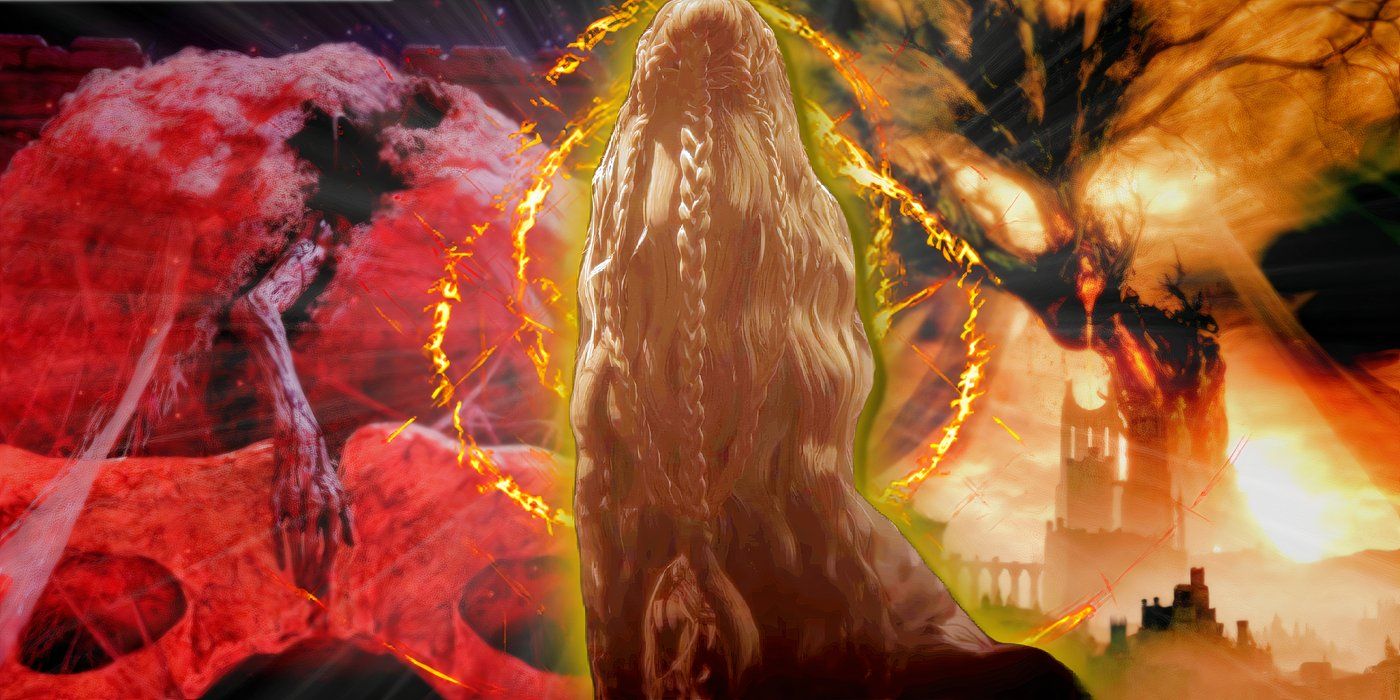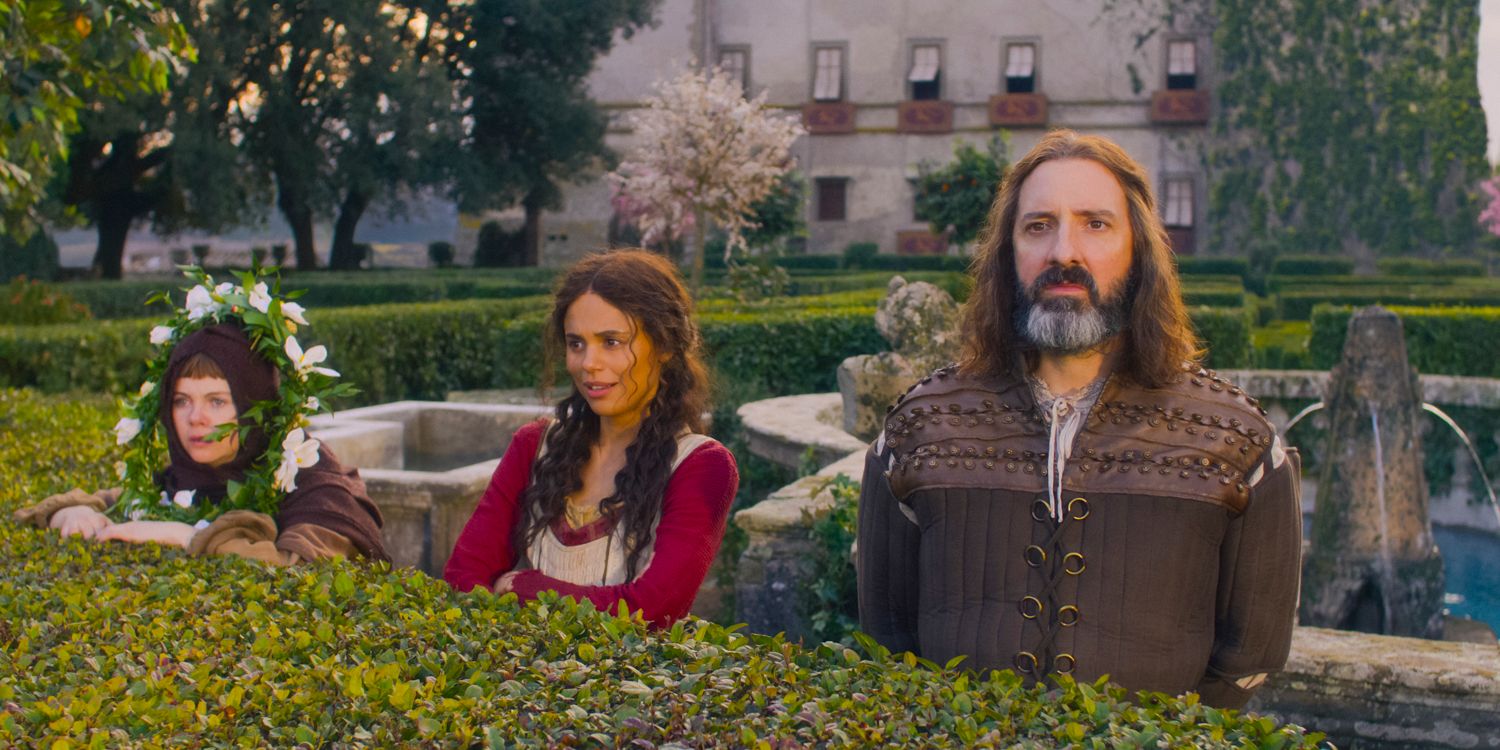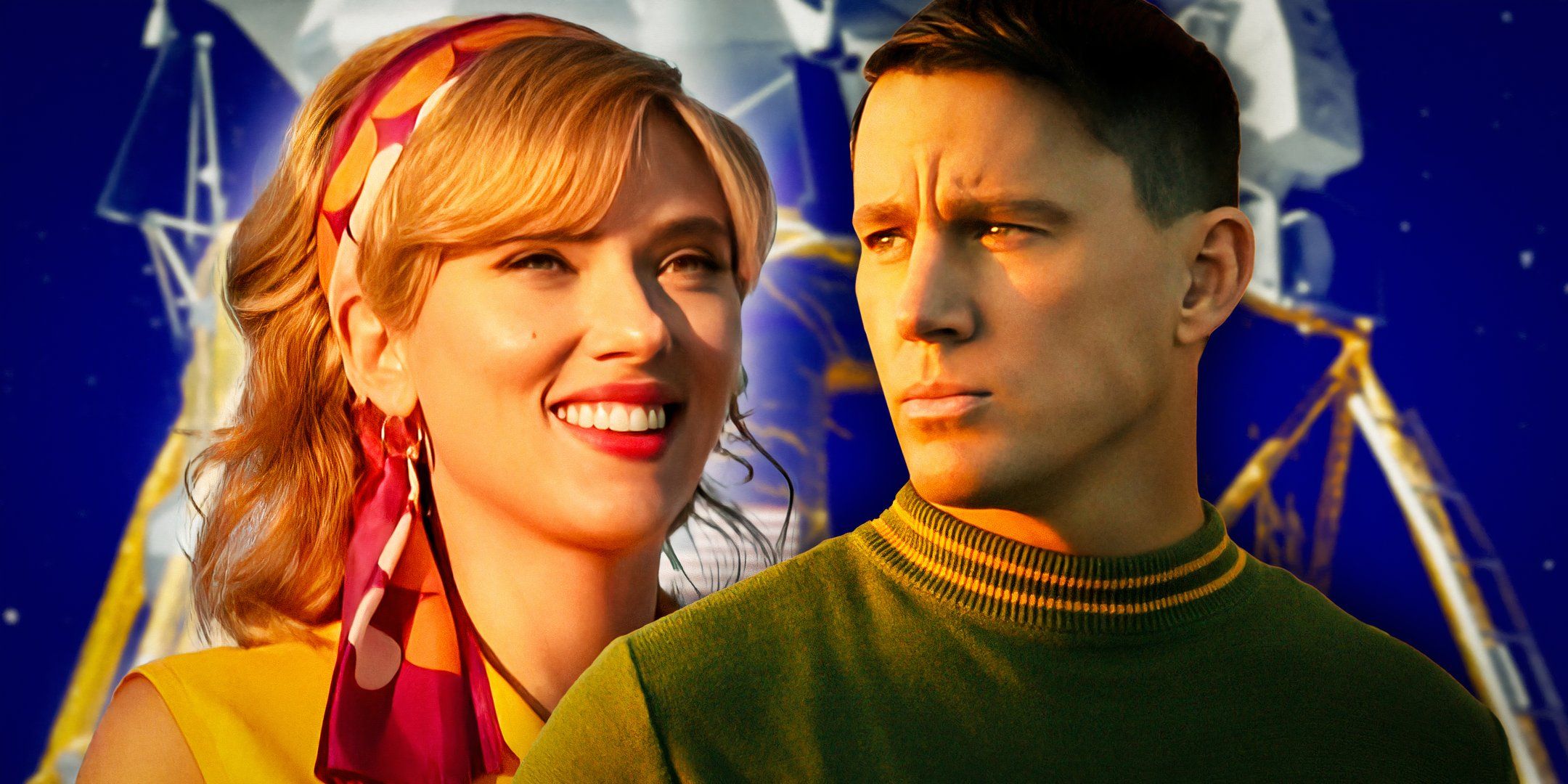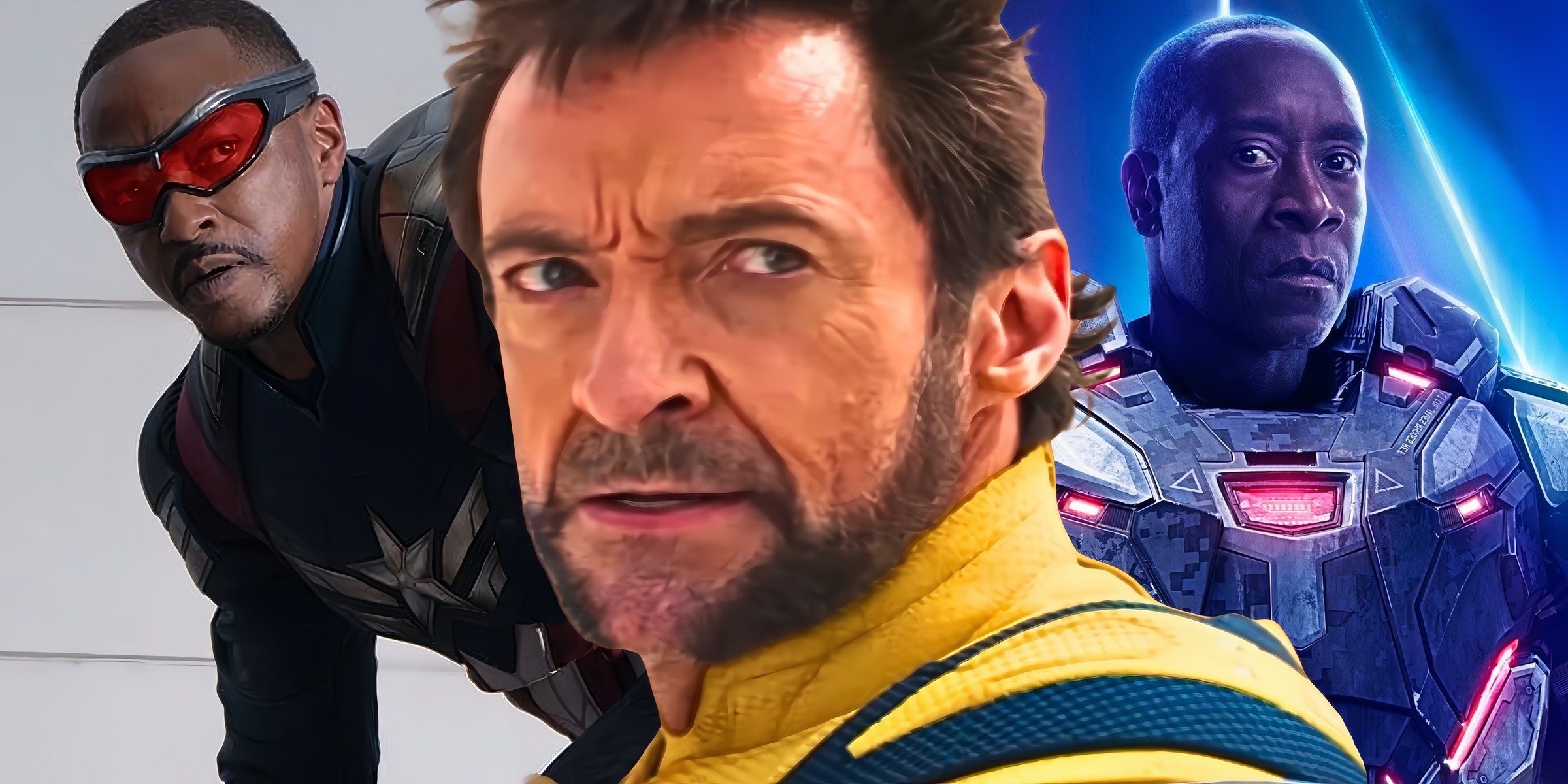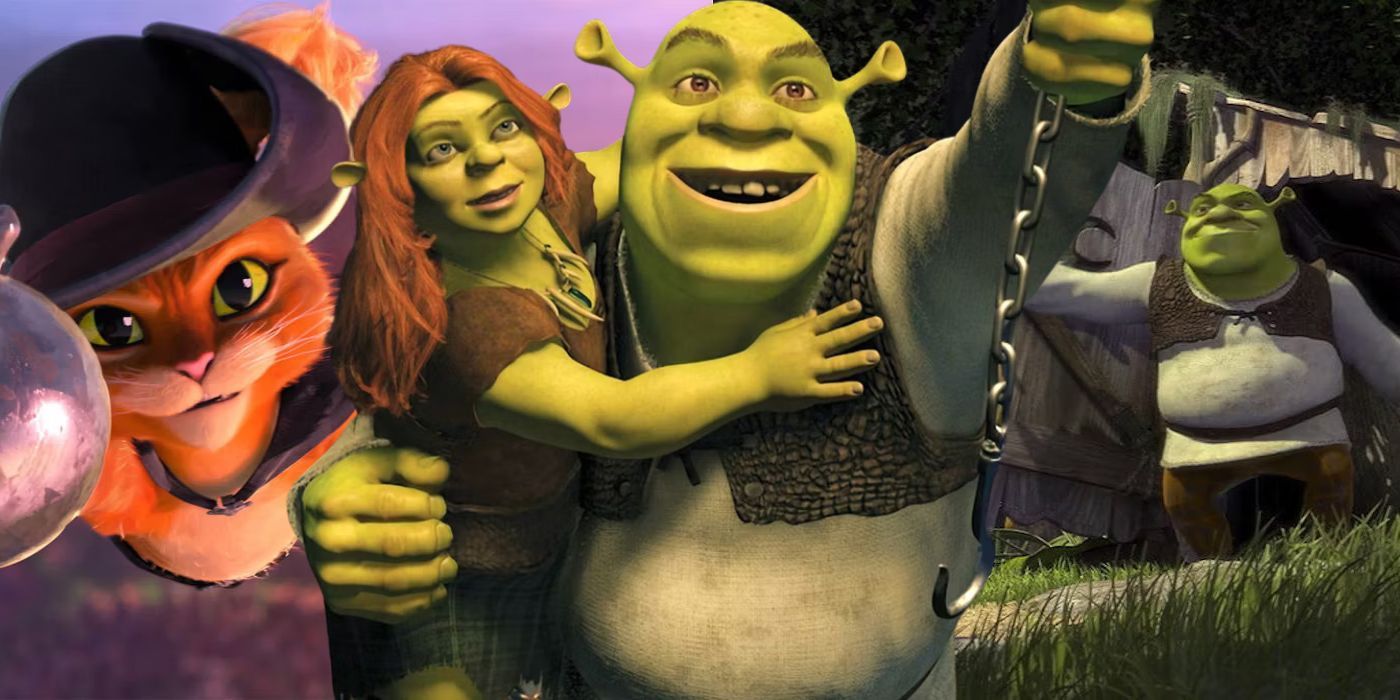When contrasting upcoming DC Comics video games like Wonder Woman and Gotham Knights to critically acclaimed DC television series like Doom Patrol or Peacemaker, it is clear that DC games simply are not weird enough. Although the mainstream DC heroes like Superman, Batman, and other members of the Justice League have had comic story arcs that were well received, the stranger corners of the DC Universe have engaged in more daring storytelling. Relatively obscure characters like Starman, Hitman, Swamp Thing, The Question, and Animal Man, all became DC fan favorites thanks to comic runs where writers were able to take more creative liberties than they could with DC’s more high-profile characters. Though the original Doom Patrol comics were quintessential super science pulp, later reinventions leaned into the strange and surreal, inspiring the successful television adaptation, and DC games need to take similar risks.
While DC games have learned lessons from the DCEU, by maintaining separate continuities, they are still not leaving their mainstream entertainment comfort zone. DC games are only showing one side of the DC Universe instead of exploring its weirder and more creative sides. Games like Suicide Squad: Kill the Justice League mirror “event comics” where a major threat temporarily upsets the status quo. The Batman: Arkham series delivers a quality take on Batman and his associated villains, but there are no modern DC games tackling the subversive storytelling of classic Vertigo comics, the DC imprint for its more mature comics, prior to the current Black Label designation. Comics like The Sandman, Lucifer, and Hellblazer, all offered very different takes on the supernatural side of DC that could set a game apart from a commercially safe project like Marvel’s Midnight Suns.
These auteur-driven comic series are a distinct part of DC’s identity, as much as the Justice League. Older Marvel games avoided the homogenization of the MCU, but where modern comic book-based games are concerned, too many of them feel like they are made in the same predictable AAA mold. An offbeat and sincere show like Doom Patrol gives viewers a truly unique experience, but there is little to separate Gotham Knights from Marvel’s Spider-Man other than the licensed characters involved. Many fans grow weary of the endless cycle of events that draw in every big name in the setting only to reset everything to its former status quo at the end. Gaming has developed its own unfortunate patterns, as DC Comics-based games focus solely on AAA projects centered on the biggest names from DC, when more obscure characters have far more potential.
Some More Obscure DC Comics Characters Lend Themselves Better To Gameplay Options
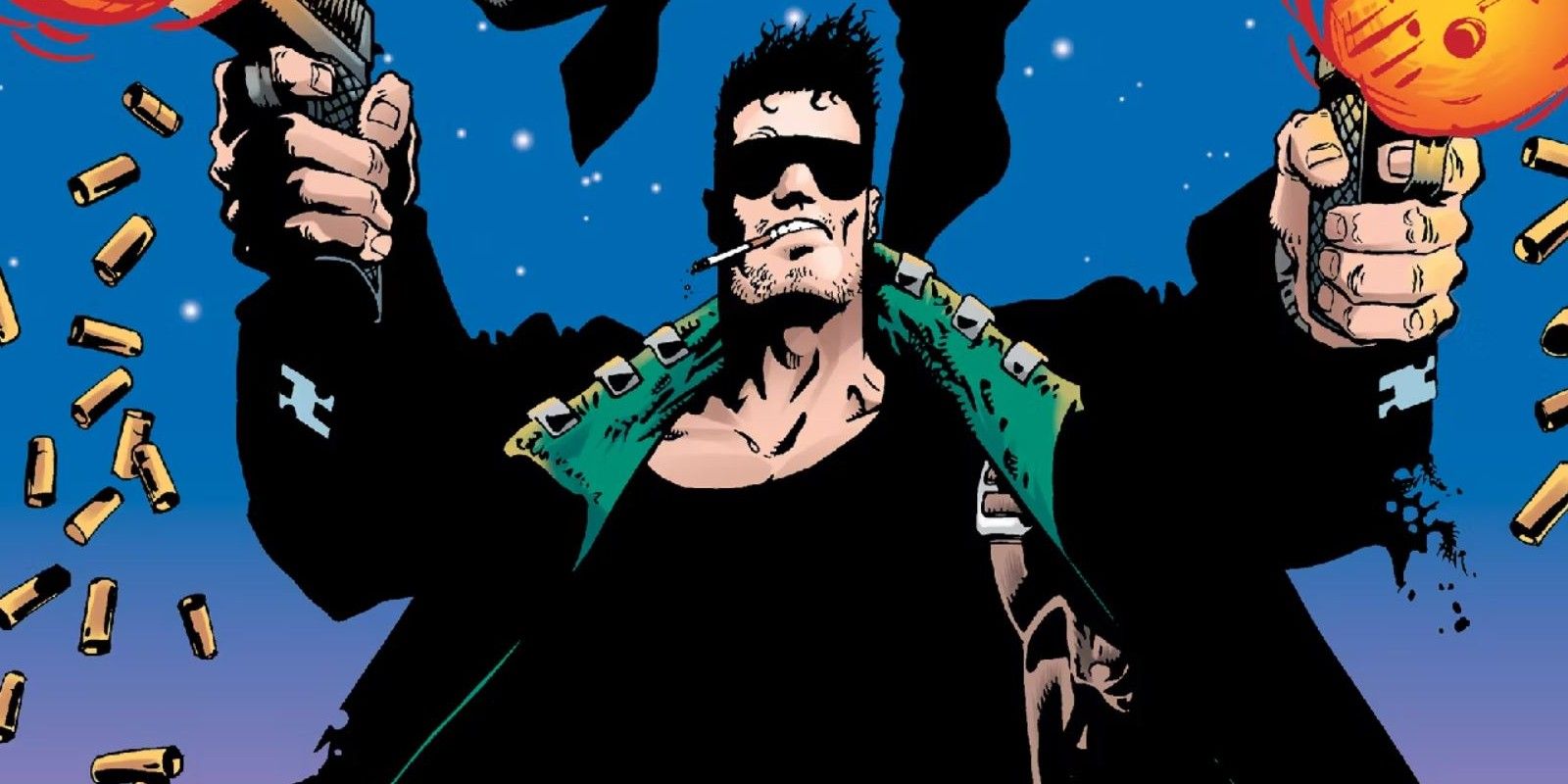
Some less saturated DC heroes come with obvious gameplay potential. A Deadman game where the player possesses different bodies to solve problems, like Superhot‘s body-swap mechanic, offers boundless creative options. There are reasons why The Flash is hard to adapt for games, given the problems with depicting super-speed, and Superman’s diverse power set is also a challenge for a game. Some DC characters lend themselves to styles other than the typical action game fare. A game about Danny the Street, the sentient street featured in Doom Patrol, could play out as a grown up take on Animal Crossing. Danny could provide a haven where people marginalized by society can live to their fullest, in turn empowering Danny with their hope and joy.
For those with a taste for dark humor, a Section Eight game could push the envelope further than any Suicide Squad adaptation since no members of Task Force X have matched the strangeness of The Defenstrator or Dogwelder. A Plastic Man video game could combine the character’s humor with unique animations highlighting his shape-changing abilities. There is little that sets apart Woman Woman and Gotham Knights, in terms of conceptual gameplay. Telltale adapted Batman and Guardians of the Galaxy into branching narrative games, reaching outside the AAA action-adventure mold. A game about the Vic Sage version of The Question, whose civilian job as a journalist was as important to the stories as his masked vigilante persona, could lend itself to a similar format easily.
The Jack Knight Starman balanced a career as a somewhat reluctant superhero with his passion for antique collectibles, which could add storefront simulation elements to an adventure game. The Dial H For Hero comic series featured variations on normal humans who dial numbers on mystical telephones to gain random superhero identities, which offers a multitude of gameplay options. These games would be both a treat for hardcore DC fans, while also presenting new and unfamiliar stories for players who are less versed in deep cut DC Comics. Some DC-published comics that were not part of the mainstream DC Universe could pose a challenge, but Watchmen characters were teased for Injustice 3, proving that anything is possible.
Talented Developers Could Do Justice To DC’s Most Beloved Non-Mainstream Comics
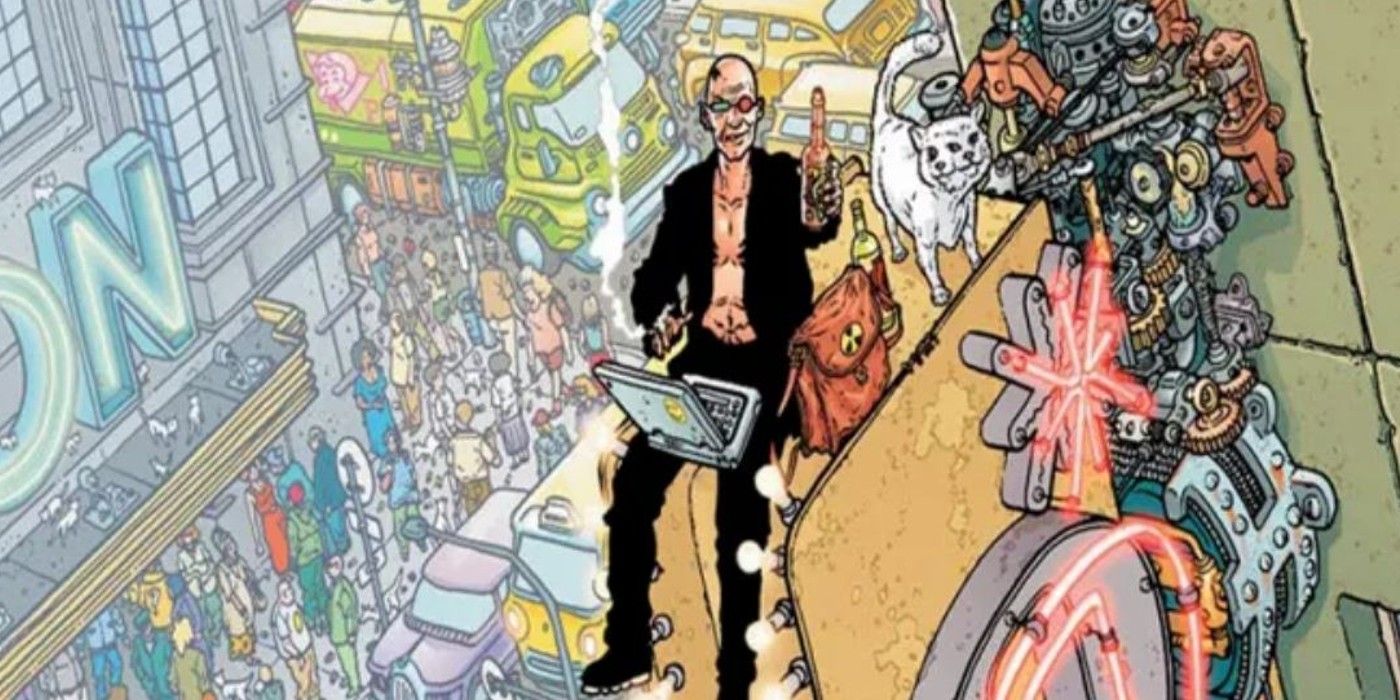
If DC wished to go truly outside the box, video game adaptations of Vertigo properties like Transmetropolitan or Preacher could have enormous potential. Missed opportunities scatter the main DC Universe itself, however, that offer easier routes to video game adaptation. By stepping away from AAA releases, DC could work with developers who have found success with modest budgets and give them the same creative freedom as when Alan Moore successfully reinvented Swamp Thing. Although the current Telltale studio lacks most of its original talent, Don’t Nod has proven itself capable of producing quality story-based games, and could certainly handle a comic book license, as could Interior Night, the studio behind As Dusk Falls.
Creative freedom has led to some of DC Comics’ most memorable comic series, and the most freedom tends to come from pairing an auteur creator with an original or relatively obscure IP. There is no Disco Elysium 2 without its original writers, but those former ZA/UM staff members could certainly do justice to the heavily political themes of Transmetropolitan. Goichi “Suda51” Suda expressed interest in a Deadpool game adaptation, but he might be better suited to a game featuring DC Comics’ Hitman, Tommy Monoghan, who has more in common with Travis Touchdown of No More Heroes. A Doom Patrol life simulator, where the player attempts to manage the teams’ neurosis to motivate them to leave the mansion as a super-team, would be a completely fresh take on a superhero game. With decades of eclectic comics to draw from, DC Comics needs to make its games far weirder to reflect fan-favorites instead of falling back on more Batman games.
